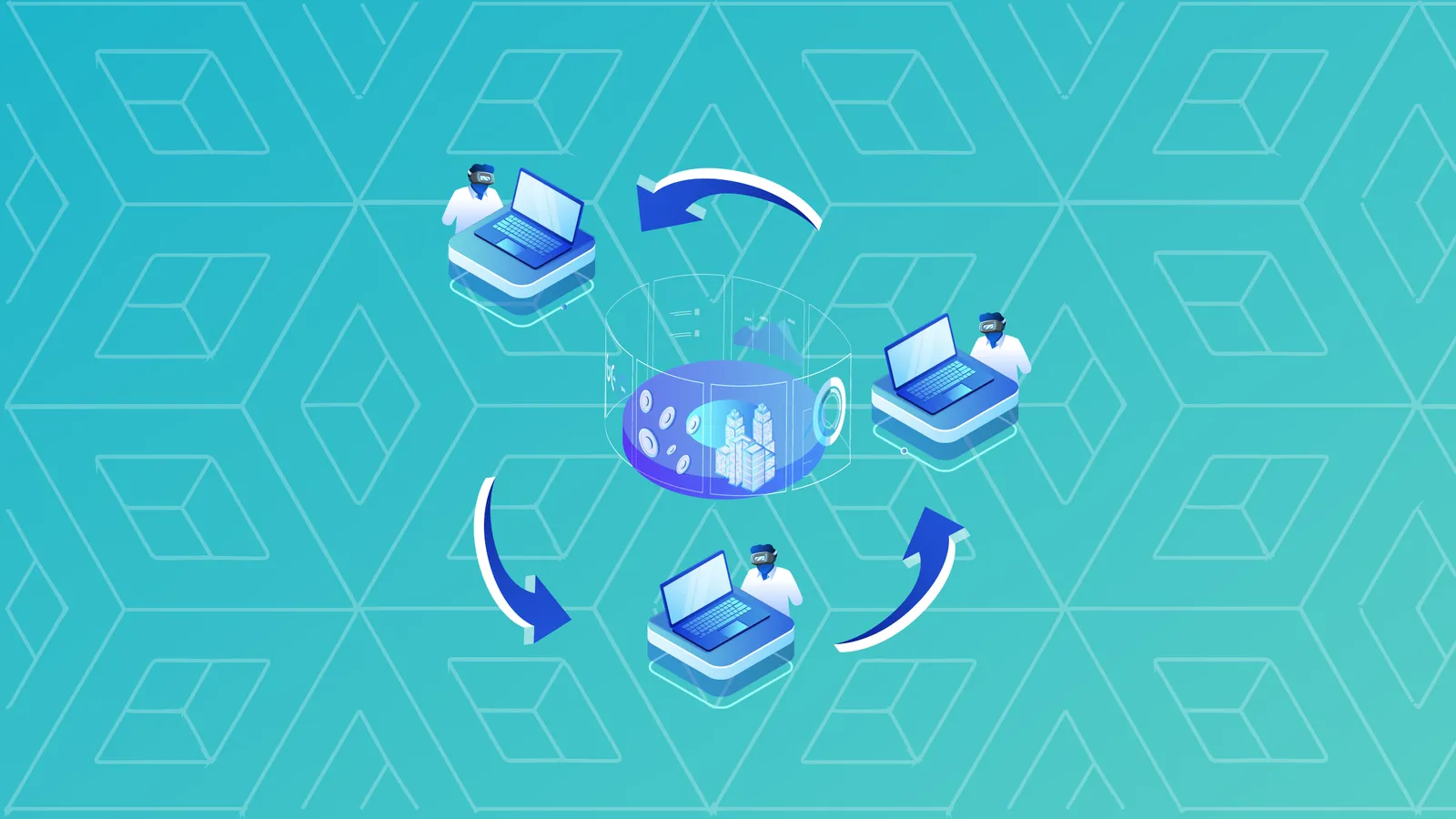Once relegated to the worlds of science fiction and video games, the metaverse is drawing new attention for its massive economic potential.
One recent analysis suggests an interactive, 3D platform blending elements of the real and digital worlds could generate $5 trillion by 2030, placing it in the top 3 global economies. What’s more, 95% of executives believe the metaverse will contribute positively to their industry.
As interest in the metaverse has skyrocketed in recent years, employers across sectors are reimagining work to take advantage of all that this new platform may be able to offer (and making major investments as well). Below, we explore some of the ways that the metaverse has already changed how we work, as well as some ways it could influence work going forward.
Improved Connection, Efficiency, and Logistics
Some proponents of the metaverse believe it could be used to improve employee camaraderie and partnership, particularly following the large-scale shift toward remote work for many industries since the start of the COVID-19 pandemic. Similarly, a metaverse platform could boost opportunities for collaboration on projects between departments that might not otherwise interact in an in-person setting.
The. metaverse could generate $5 trillion by 2030, placing it in the top 3 global economies.
A recent PricewaterhouseCoopers survey of business leaders saw 42% say they would plan to use the metaverse to provide onboarding and training to new employees, while 36% said they would use it to enhance interactions between colleagues. You can imagine a company utilizing the gamification and reward systems of immersive video games to accelerate the way that its workers learn new skills.
Perhaps even more enticing to employers is the money they could save on office space. If all of a business’ activities take place digitally, the amount of real-life office space to make the company function would diminish dramatically. And the need to have multiple offices located around the country or the world may disappear as well. Given that 87% of workers would prefer to work flexibly, including the opportunity for remote work, companies may find that ditching office space is an easy sell.
The metaverse could even change the way that companies recruit new workers, or how they interact with customers. Over a third of respondents in the PwC survey above said they would be eager to explore how the metaverse could help them better reach prospective employees, and a similar percentage said the metaverse might be able to provide engaging content to deliver to customers.
New Colleagues and Roles
In the real world, automation plays a significant role in some industries, but it’s likely to be much more important across the board as work shifts to the metaverse. Companies are increasingly planning for the advent of AI-powered, human-like bots and other “digital colleagues” that are able to take care of routine work in the metaverse ecosystem, freeing up human employees to focus on higher-priority tasks
Lastly, and perhaps most importantly, shifting work to the metaverse is likely to create novel positions at companies, new businesses, and potentially even entire industries that don’t yet exist. Think of how the advent of the internet made possible a host of businesses and roles that didn’t exist beforehand—from social media managers to digital marketers, and more—so too will the metaverse lead to new opportunities.
Thinking Beyond the Office
While most of the above are ways that the metaverse could change how we work, there are many sectors and industries you may not immediately think of which could be transformed by transferring to the metaverse. City services are one example. The government of Seoul, South Korea, launched a $32-million project to develop a metaverse environment to enhance city services, administration, planning, and community spaces. City employees who may never have pictured their jobs in a digital space—park maintenance workers, for example—could find themselves working in a hybridized real/digital world. Education and healthcare are two other areas that experts believe could move to the metaverse.
Potential Problems
For all of the opportunities that the metaverse presents for workers across industries, there are also potential problems, including some significant ones. Among the biggest concerns is that the metaverse will not be a single platform but, like the social media companies or online video game worlds of today, a multitude of different ones. A significant problem with multiple metaverses is that there is no ready-made way to transfer a person’s digital life—their avatar, online possessions, and so on—from one company’s metaverse platform to another. In the working world, this may have implications for what happens when an employee moves from one company to another, for example.
Cheat Sheet
- The metaverse is developing rapidly and could generate $5 trillion by 2030.
- 95% of executives participating in a recent analysis by McKinsey & Company believe the metaverse will positively impact their industry.
- A survey of 1,000 business leaders saw 42% say they would use the metaverse for onboarding and training of new workers, and 36% say they imagined the metaverse bolstering interactions between colleagues.
- 87% of workers prefer the option of flexible work allowing for remote settings, according to a recent survey.
- Over a third of those surveyed said the metaverse could also be used to reach new prospective customers, and a similar percentage imagined using the platform to produce innovative content for customers.
- Seoul has launched a project to spend at least $32 million to create a metaverse supporting city services.


